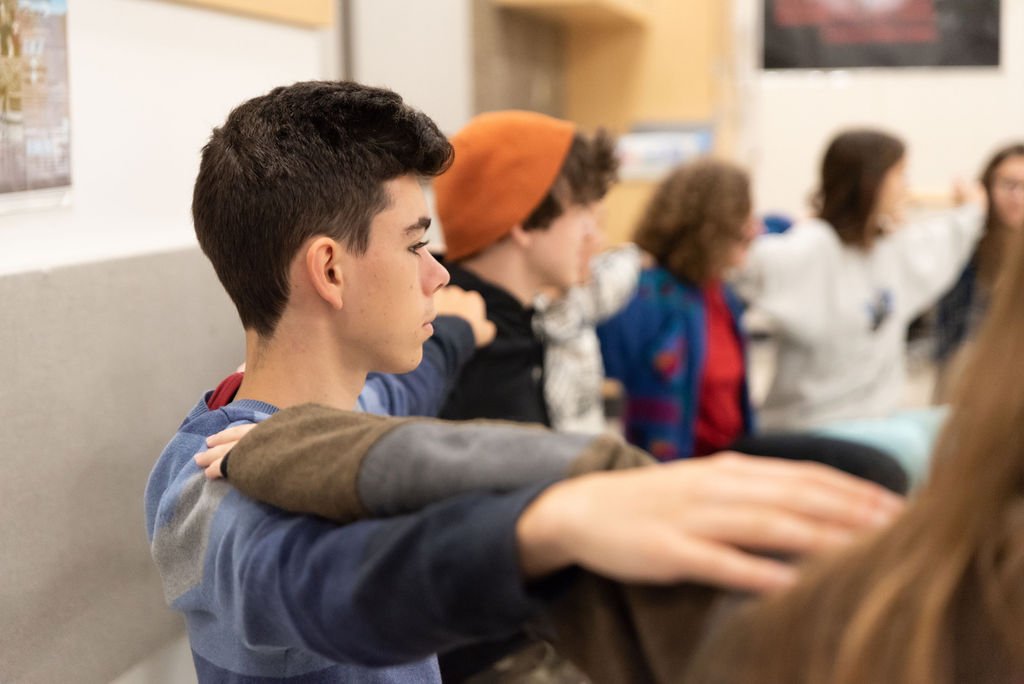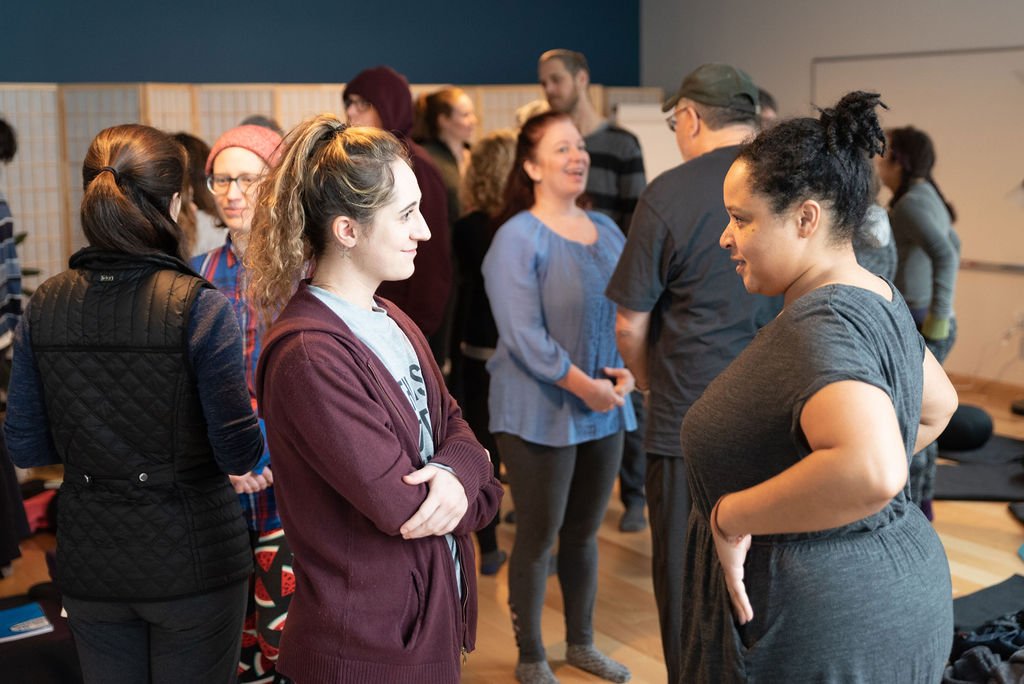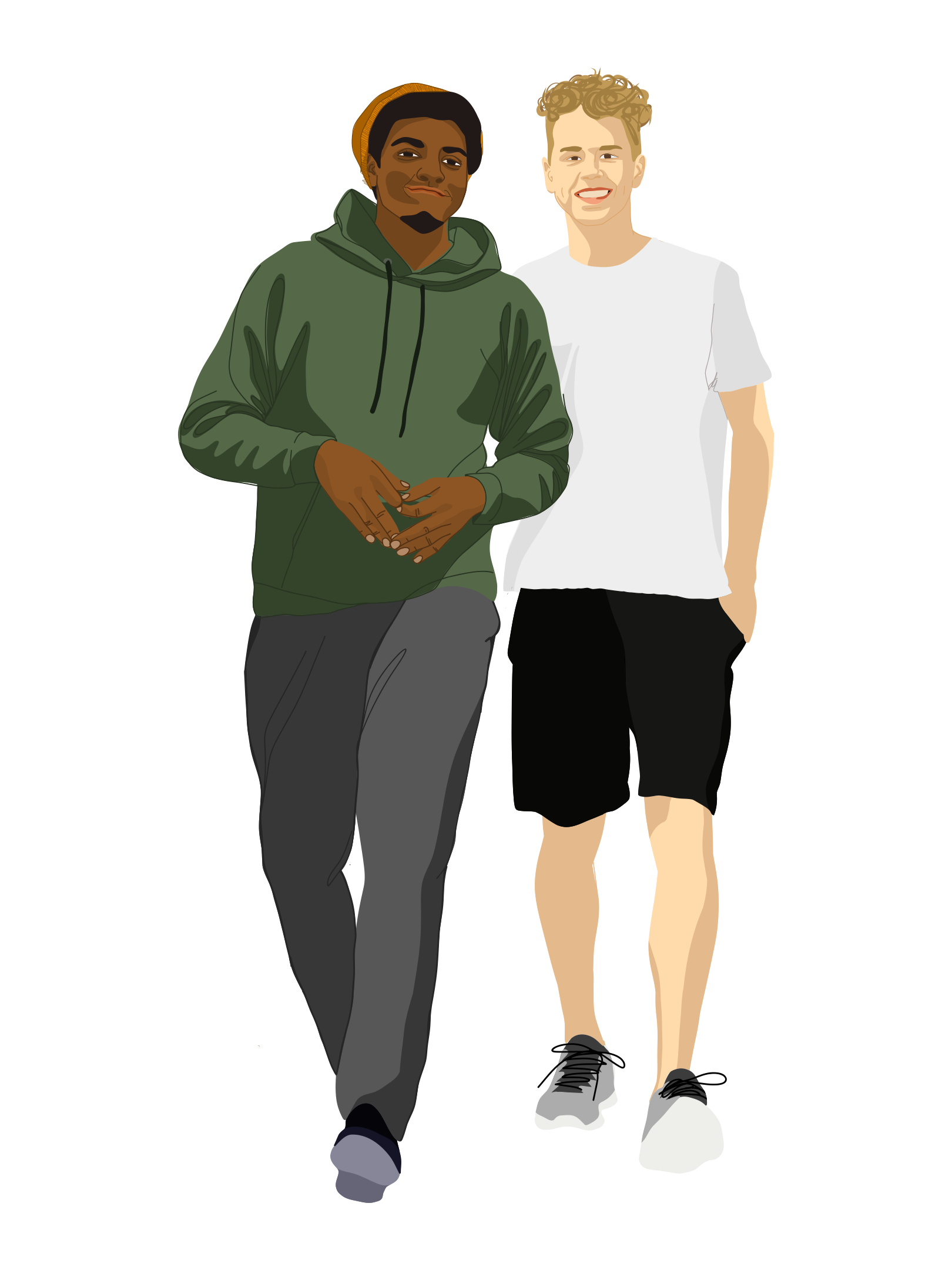
MINDFULNESS FOR TEENS
Are you one of many teens who often feels overwhelmed or anxious, or like you doubt yourself a lot? Are you longing to feel more joy or more connected to yourself and others? Do you struggle with aspects of school? Or would you like to improve in athletics, or simply explore what it means to be human? Whatever your reason for exploring mindfulness, we’re happy you’re here!
Key outcomes in our classes






-
Most of us are pretty distracted most of the time, but research shows that we’re happier when we’re actually engaged in the present moment and not thinking so much about the future or past. Mindfulness is a practice of learning to be PRESENT, which can be hard! But think about this for a moment: it’s hard to feel like someone genuinely cares for us if they’re super distracted when they’re with us and barely pay attention to us, right? It’s the same for us toward ourselves: it’s difficult to feel our own care if we don’t pay much attention to ourselves or our feelings, or if we invalidate how we feel or spend a lot of time criticizing ourselves or telling ourselves we should be different. In mindfulness, we practice being with ourselves and accepting ourselves like a really caring friend would. This can be challenging because many of us are harder on ourselves than we are anyone else—we might say things to ourselves we would never say to someone else. Our class is a place to learn tools to support ourselves in a culture where we’re often taught to compare ourselves to others, or taught we aren’t okay the way we are. We learn, through mindfulness, to offer ourselves nonjudgement and acceptance even if we’re feeling super anxious or we just made a mistake, for example. We learn to catch ourselves if we’re beating ourselves up. In mindfulness, we root ourselves in self-love and kindness, no matter what. This helps us love others more freely, too, and our students report having better relationships after practicing mindfulness.
-
Sometimes it can feel so hard to stay in the present moment, can’t it?! Like the present moment can feel dull, even boring, or we often wish we were somewhere else, doing something more exciting. But there are TONS of benefits to learning how to be more present. Studies prove that when we’re in the present moment we tend to have better well-being and health and happiness. When we are present we tend to take better care of ourselves and the people and things around us. When we’re present, we’re empowered to put our attention where we actually want it, so we’re not so distracted and we have more time and energy for the things we really care about.
-
Mindfulness is something that can be practiced by all types of people, regardless of who you are, what you believe, or where you come from. Mindfulness is a practice that has been around for thousands of years. Mindfulness has roots in Buddhism and has been practiced in India and throughout Asia for centuries, though practices of pause and presence can be found across cultures all over the world. For example, many people don’t realize that Indigenous people around the world have a long history of engaging in practices of stillness and presence. It’s important to acknowledge and celebrate the very long and rich history of mindfulness as we try it out ourselves. Our classes are secular, trauma-informed, and rooted in equity and racial justice practices.
REAL TALK

WHAT TEENS
ARE SAYING
“Mindfulness has really helped me to cope with anger. By bringing the practice to various conflicts in my life, I make more peaceful and more effective resolutions than I did before.”
– MINDFULNESS TEEN STUDENT


